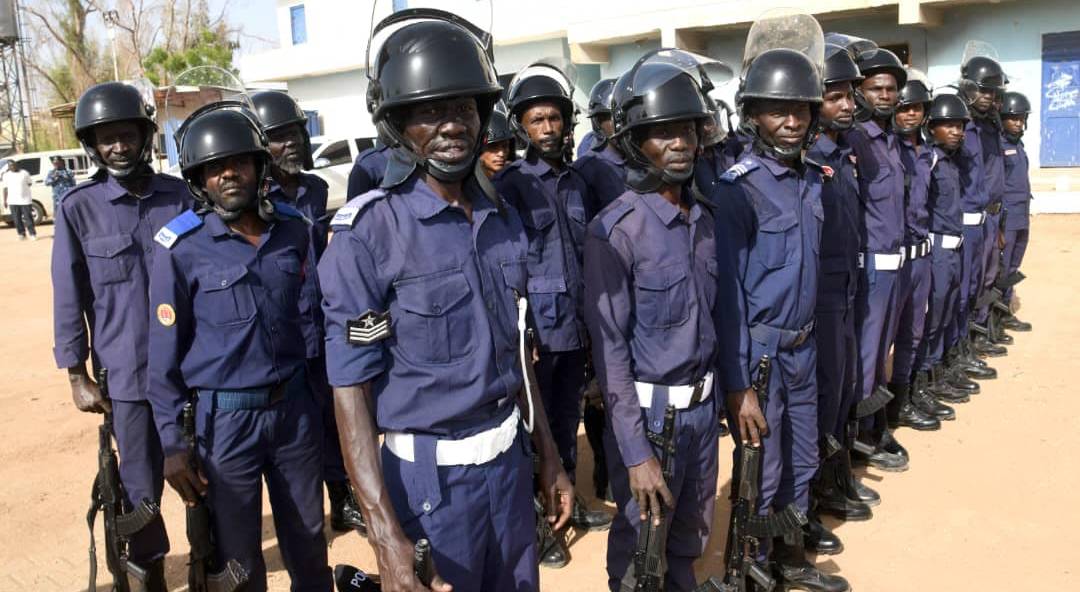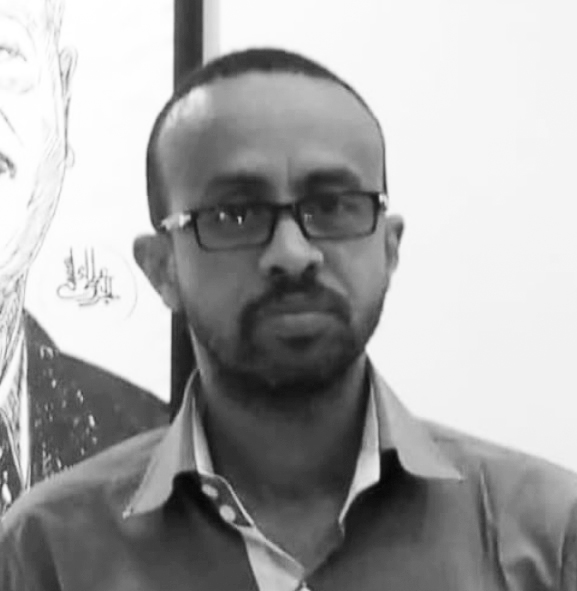
The Ministry of Interior: Challenges of War and Peace
Khalid Massa
Out of the 22 ministries mentioned in the speech of Prime Minister Dr. Kamal Idris — ministries which, it seems, will be announced in a staggered manner after difficulties prevented their simultaneous declaration — two have already been confirmed: Lieutenant General Hassan Daoud Kabron as Minister of Defense, and Police General Babiker Samra Mustafa as Minister of Interior.
Observers have offered different interpretations of why these two ministries were prioritized. The most reasonable explanation is that security is the top priority in the Government of Hope, as the guns of war have yet to fall silent in Sudan. There was no time to wait for political bargaining over cabinet shares and the allocation of ministries.
Others argued that these two portfolios are effectively off-limits to any bargaining, being the exclusive domain of the military component. As such, their announcement passed smoothly without objections.
The Police in Wartime
As a state institution, the police — with its personnel, facilities, and equipment — has suffered greatly during the war. It lost personnel, lost contact with them, lost its facilities, lost control over its weapons, and continues to face serious concerns over the security of sensitive databases under its supervision, including civil registries, citizenship, passports, and prisons.
The war also struck a ministry already burdened with longstanding issues from before the conflict, including public discussions — previously taboo — about the “leakage” of officers and personnel from the police ranks due to various reasons, primarily the weakness of police salaries. As a result, the police was no longer an attractive or competitive employer, which directly impacted its ability to contain crime and insecurity.
There is also the deep-seated public perception of the police, especially during the revolution and transition, as the hand of a regime that oppressed and protected the old system. This image was only reinforced after the October 25 coup, further alienating the police from the protesting street. These are heavy burdens on an institution meant to serve the people.
On May 3, the Deputy Commander-in-Chief of the Armed Forces and Sovereignty Council member, Shams al-Din Kabbashi, stated bluntly in a meeting with state governors: “Armed men belong in combat zones, and the areas recovered by the armed forces are to be handed over to the police to administer.”
Some welcomed this, viewing it as a targeted message against those who exploited wartime mobilization to set up random checkpoints and roadblocks in cities and neighborhoods, operating as separate, self-financed forces. The implication was that the police had failed to fulfill its responsibilities in these areas — a clear message to the Ministry of Interior.
The Police Chasing Rumors
In one single week, a flood of news circulated widely on social media, all related to police affairs. Before analyzing these, we should note the tone of public reactions, which seemed to be waiting eagerly to vent their negative views of the police and the Ministry of Interior. Some of this is justified, while other reactions require an objective analysis of the citizen–police relationship.
It is illogical to blame everything on individual misconduct, which still reflects back on the institution. Serious “reviews” are needed in the Ministry of Interior’s records — a lesson of this war.
For example, the National Prison Administration, through Brigadier General Al-Tayeb Ahmed Omar, director of Kober Prison, was forced to deny a rumor that it had called on escaped inmates to voluntarily return, dismissing the claim as completely false.
Given the circumstances of war described above, the real failure here is not only in the inability to re-arrest escaped prisoners but also in the vacuum created by the Ministry’s lack of a clear, credible communication strategy. Citizens — who are partners in security — also suffer when misleading news spreads, since they too are threatened by criminals loose outside prison walls.
Another issue arose with the alleged high rate of drug use in Gedaref State, which its police director quickly denied. But that denial did little to calm fears of widespread drug abuse in the state — a problem exacerbated by the ongoing war and one that will not be solved by merely chasing rumors.
Reckless Gunfire
All these challenges face the Ministry of Interior while the war still rages on, with civilian casualties from stray bullets illustrating the high price paid by ordinary Sudanese. It remains unacceptable for celebratory gunfire to continue claiming lives at social events, while the state leaves each state to struggle individually with regulating firearms through weak fines and warnings that fail to deter those who fire weapons recklessly, mocking both the law and human life.
While the widespread circulation of weapons during war is understandable to a degree, there is no excuse for tolerating unregulated and uncontrolled armament.
The truth is that the majority of celebratory gunfire comes from “uniformed personnel” — a fact that cannot be denied. And if the Ministry of Interior and the police truly wanted to end it, they could.


